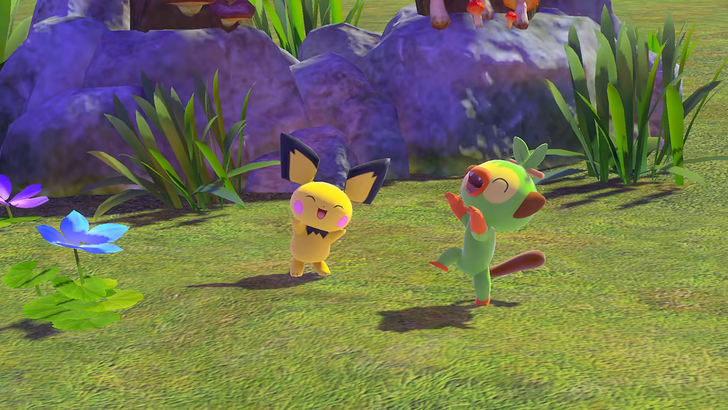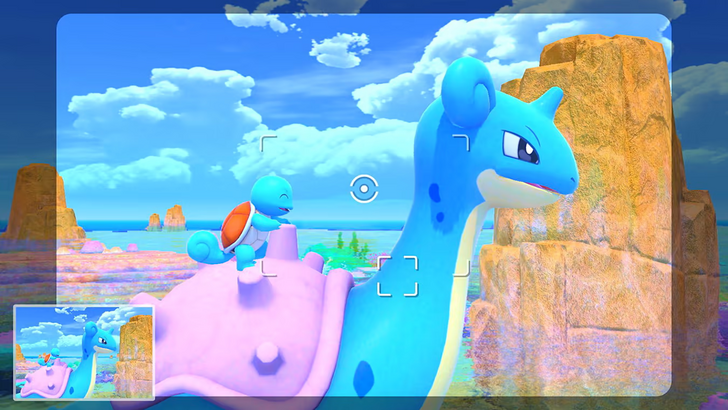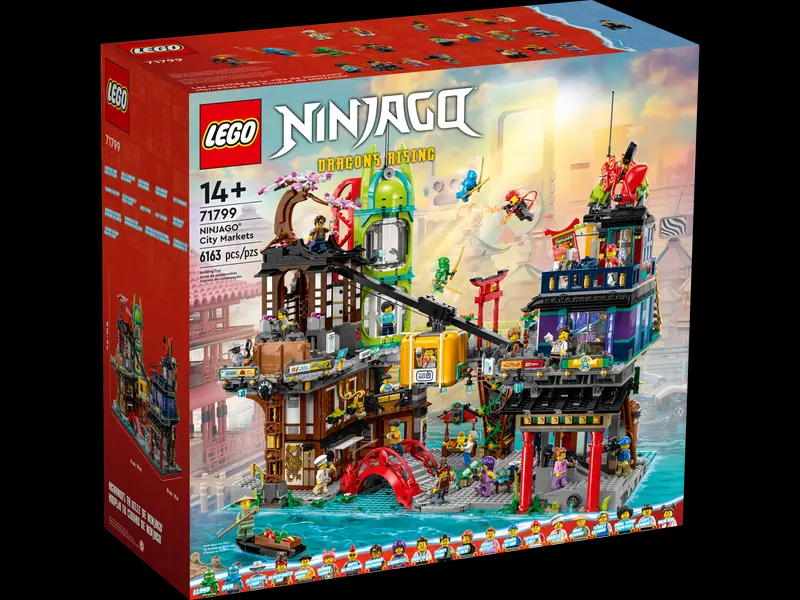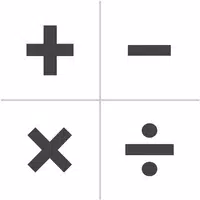 Nintendo makes a significant entry into the Chinese market with the release of New Pokémon Snap. This article explores the historical context and implications of this first official Pokémon game launch in China.
Nintendo makes a significant entry into the Chinese market with the release of New Pokémon Snap. This article explores the historical context and implications of this first official Pokémon game launch in China.
New Pokémon Snap's Chinese Debut
A Historic Launch: Pokémon's Arrival in China
 On July 16th, New Pokémon Snap, a first-person photography game initially released globally on April 30th, 2021, marked a historic moment. It became the first officially released Pokémon game in China since the country's video game console ban was implemented and subsequently lifted (2000 and 2015 respectively). The initial ban stemmed from concerns about the potential negative impact of consoles on children's development. This launch signifies a major step for Nintendo and Pokémon fans in China, finally bringing the franchise to the Chinese market after years of restrictions.
On July 16th, New Pokémon Snap, a first-person photography game initially released globally on April 30th, 2021, marked a historic moment. It became the first officially released Pokémon game in China since the country's video game console ban was implemented and subsequently lifted (2000 and 2015 respectively). The initial ban stemmed from concerns about the potential negative impact of consoles on children's development. This launch signifies a major step for Nintendo and Pokémon fans in China, finally bringing the franchise to the Chinese market after years of restrictions.
Nintendo's strategic expansion into the vast Chinese gaming market has been a long-term goal. Their 2019 partnership with Tencent to bring the Nintendo Switch to China laid the groundwork for this release. New Pokémon Snap's launch represents a key milestone in this strategy, targeting one of the world's largest and most profitable gaming markets. This move coincides with Nintendo's growing presence in China, with further high-profile game releases planned.
Upcoming Nintendo Titles in China
 Following New Pokémon Snap, Nintendo has announced several additional titles for the Chinese market, including:
Following New Pokémon Snap, Nintendo has announced several additional titles for the Chinese market, including:
⚫︎ Super Mario 3D World + Bowser’s Fury
⚫︎ Pokémon Let’s Go, Eevee and Pikachu
⚫︎ The Legend of Zelda: Breath of the Wild
⚫︎ Immortals Fenyx Rising
⚫︎ Above Qimen
⚫︎ Samurai Shodown
These releases demonstrate Nintendo's commitment to building a comprehensive gaming portfolio in China, aiming to increase market share with both established franchises and newer titles.
Pokémon's Unexpected Chinese Legacy
 The surprise among international Pokémon fans regarding the long-standing console ban in China highlights the complex history of the franchise in the region. Despite the official ban, Pokémon cultivated a substantial fanbase in China, with players often accessing games through unofficial channels, including overseas purchases. Counterfeit games and smuggling were also prevalent; a recent example involved a woman smuggling 350 Nintendo Switch games.
The surprise among international Pokémon fans regarding the long-standing console ban in China highlights the complex history of the franchise in the region. Despite the official ban, Pokémon cultivated a substantial fanbase in China, with players often accessing games through unofficial channels, including overseas purchases. Counterfeit games and smuggling were also prevalent; a recent example involved a woman smuggling 350 Nintendo Switch games.
A notable attempt to introduce Nintendo hardware to China without direct branding was the iQue Player. Launched in the early 2000s, this collaboration between Nintendo and iQue aimed to combat rampant piracy. Essentially a compact Nintendo 64, it integrated all hardware into the controller.
 A Reddit user highlighted the impressive global success of Pokémon despite its absence from the official Chinese market. Nintendo's recent actions signify a strategic shift, aiming to capitalize on the previously untapped Chinese market.
A Reddit user highlighted the impressive global success of Pokémon despite its absence from the official Chinese market. Nintendo's recent actions signify a strategic shift, aiming to capitalize on the previously untapped Chinese market.
The gradual introduction of Pokémon and other Nintendo titles into China represents a significant moment for both the company and its fans. As Nintendo continues to navigate this complex market, the enthusiasm surrounding these releases suggests a bright future for gamers in China and beyond.




























![City Devil: Restart [v0.2]](https://img.icssh.com/uploads/38/1719554737667e52b102f12.jpg)

